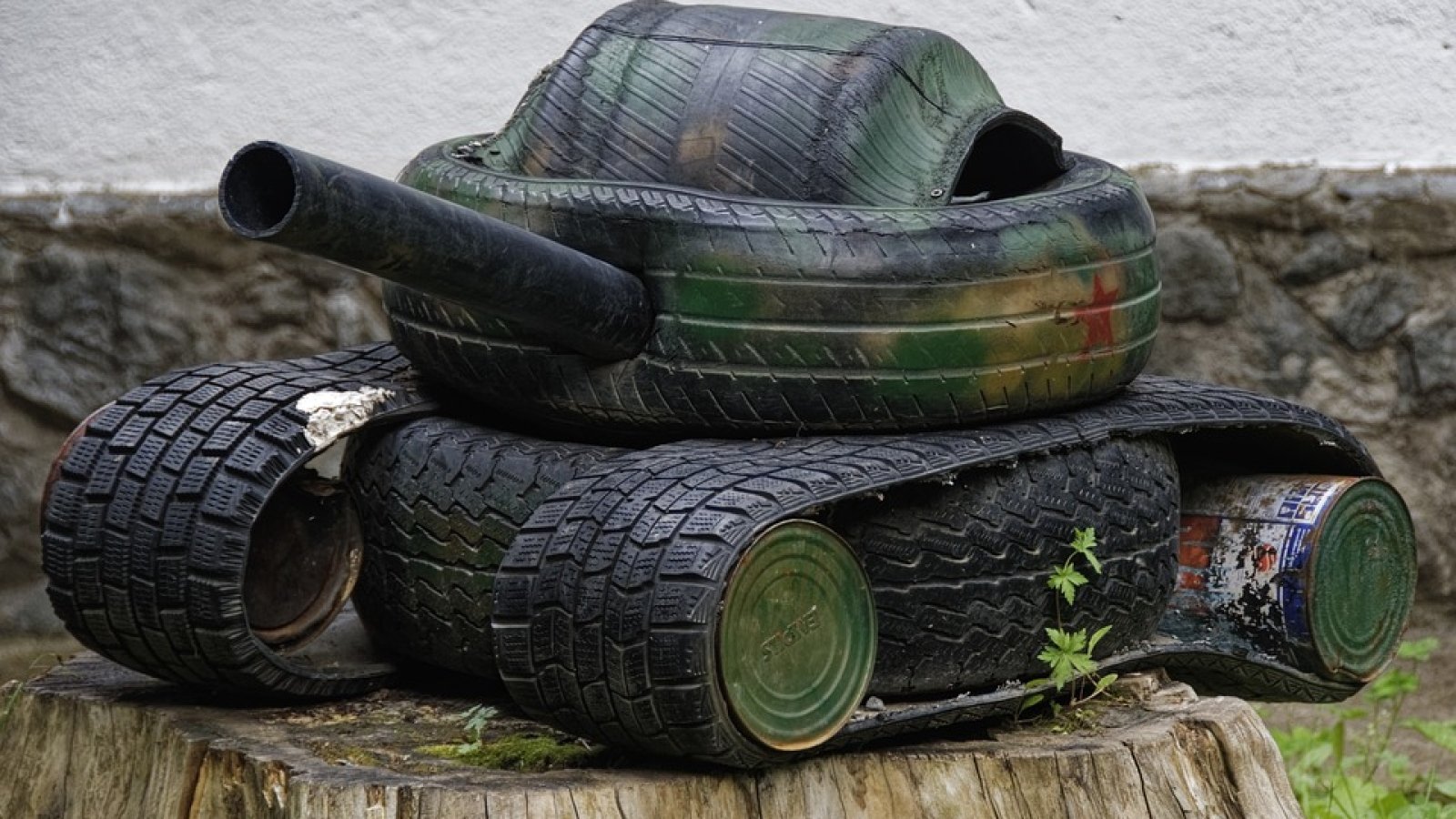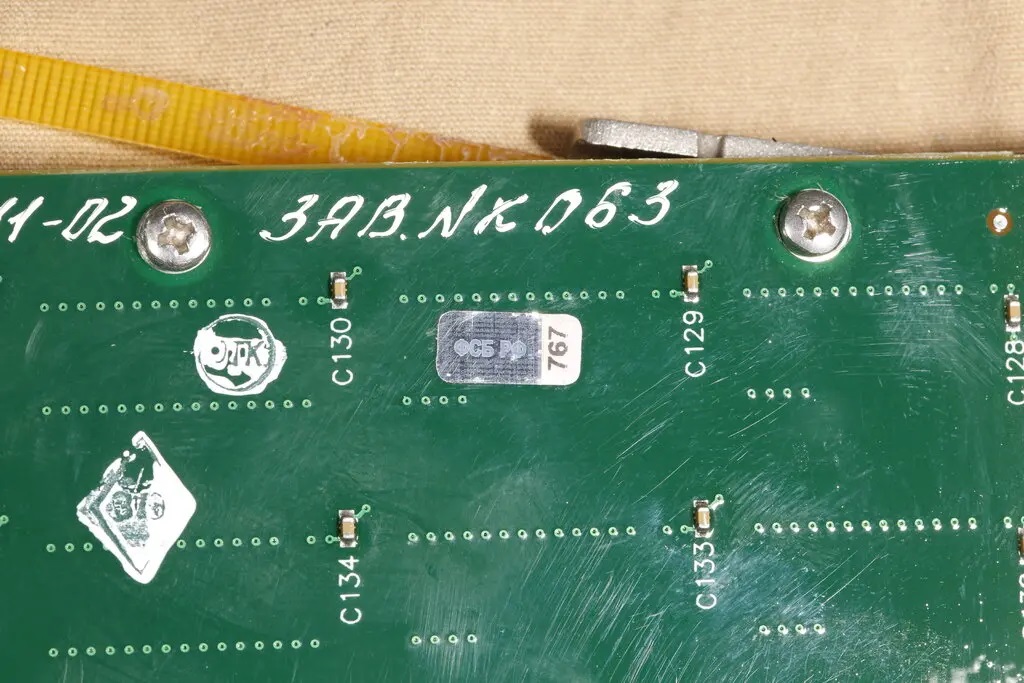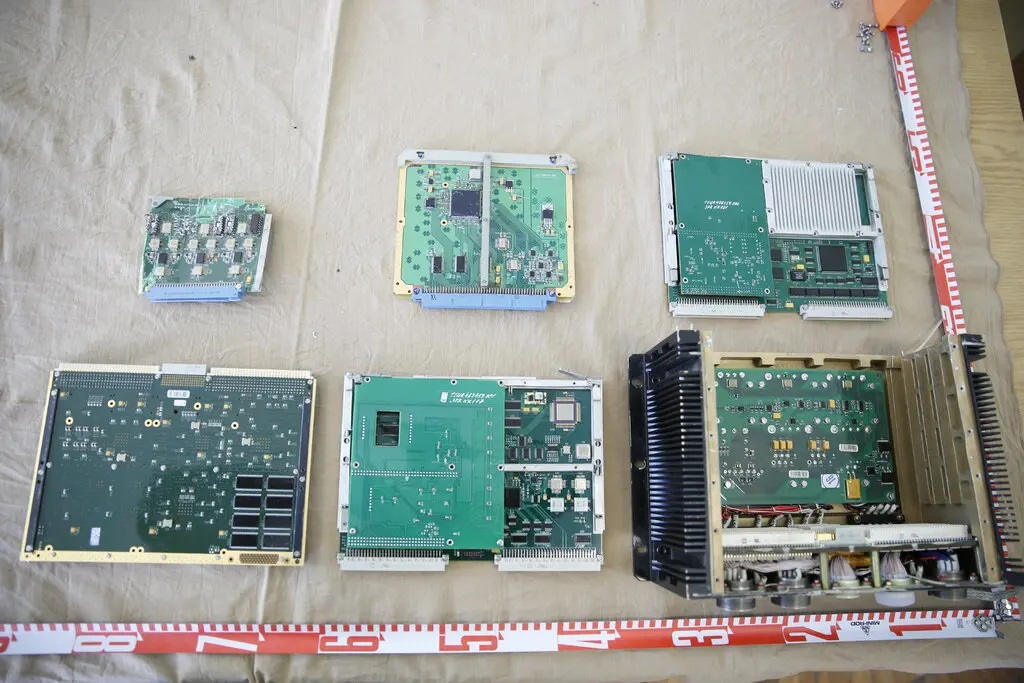NYT: Almost all advanced Russian military equipment is made up of components from Europe and the United States

Representatives of the investigative team tracking the weapons visited Ukraine and studied the captured Russian military equipment.
What conclusion did they come to?
Investigators dismantled all the advanced Russian equipment they could get their hands on, such as small laser rangefinders and cruise missile guidance sections. As a result, researchers invited by the Ukrainian Security Service to independently analyze advanced Russian technology found that almost all of it included parts from companies based in the US and the European Union: microcircuits, printed circuit boards, motors, antennas and other equipment.

“Advanced Russian weapons and communications systems are built on Western chips,” said Damien Spleeters, one of the investigators at Conflict Armament Research, which specializes in identifying and tracing weapons and ammunition. He added that Russian companies have had access to "uninterrupted supplies" of Western technology for decades.
So, in the Russian drones "Orlan", "Tachyon" and a previously unknown model, which the Ukrainians called "Cartographer", six separate parts were found from a company from the United States and one each from companies from Switzerland and Japan. The other two drones contained parts from companies in the US, China, Germany, the Netherlands, South Korea, Sweden and Taiwan. And in two Russian Azart radio stations there were chips with erased markings (probably to hide the origin), in the third - a chip from an American company.

However, due to the sanctions that were imposed against the Russian Federation due to the war in Ukraine, the export of semiconductors to Russia decreased by 90%. At the same time, Damien Spleeters believes that the aggressor country could stockpile Western components in advance and may try to circumvent sanctions with the help of front companies, third countries and civilian distributors.
But analysts still agree that in the fall, Russia will begin to feel a widespread shortage of critical technologies and services. Maria Snegovaya, a researcher at the George Washington University, is confident that the sanctions will also affect the production of consumer goods. “We expect that random disruptions in production chains in Russia will occur more frequently. The question is, are Russian companies capable of finding substitutes?” she notes.
Source: The New York Times